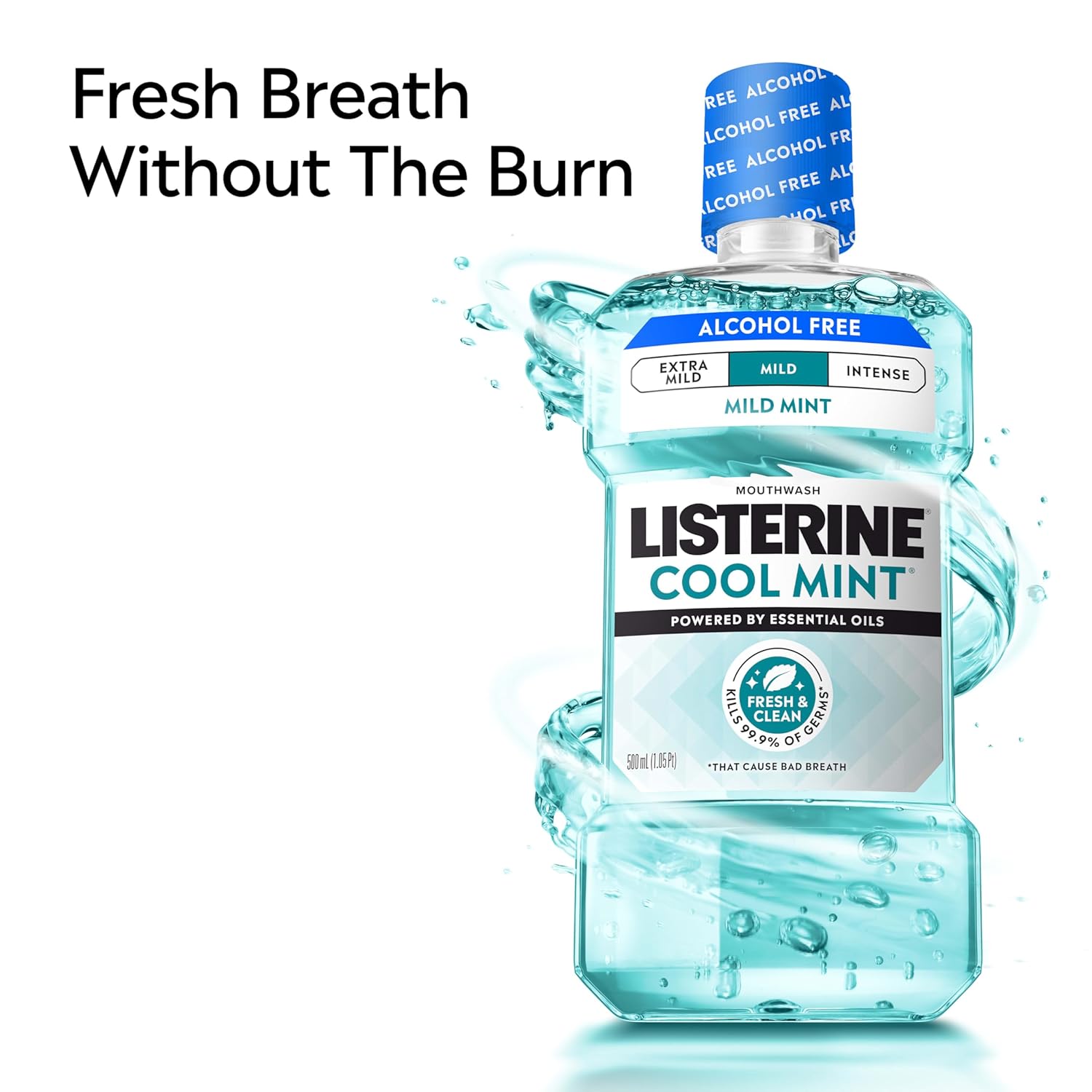When that sudden, throbbing ache hits your tooth, the reflex is real: reach for pain relief. But before you pop another pill, ask yourself: “Is ibuprofen for tooth pain actually effective?” And more importantly, is it simply a temporary fix — or is there more going on behind the ache? Whether it’s lingering discomfort from a wisdom tooth removal, a deep cavity, or inflammation around the gums, understanding whether ibuprofen for tooth pain truly helps — and how — can guide you toward safe relief and smarter dental choices.
According to guidelines from the American Dental Association (ADA), non-steroidal anti-inflammatory drugs (NSAIDs) like ibuprofen are recommended as a first-line option for acute dental pain when used correctly. In this article, we’ll explore how ibuprofen works, when it’s effective (and when it isn’t), safe dosage tips, comparisons (ibuprofen vs. Tylenol), and natural alternatives — all with a human touch and real clarity.
Let’s dive in.
💡 Note: “Ibuprofen eases the flame of pain — but you still need to fix the fire itself (the underlying dental issue).”
- How Ibuprofen Works — A Bit of Science
- When Ibuprofen Does Help Tooth Pain
- When Ibuprofen Might Not Be Enough
- Safe Dosage & Side-Effects: What to Know
- Ibuprofen vs. Tylenol (Acetaminophen) for Tooth Pain
- Natural & At-Home Strategies (Supplement or Alternative)
- Post-Procedure Smart Use (Dentistry Context)
- When to See Your Dentist — Don’t Just Rely on Painkillers
- Preventing Tooth Pain in the First Place
- Myths vs. Facts About Ibuprofen for Tooth Pain
- Frequently Asked Questions (FAQs)
- Takeaway
How Ibuprofen Works — A Bit of Science
Ibuprofen belongs to the class of NSAIDs. It works by blocking cyclooxygenase (COX) enzymes, thereby reducing prostaglandins — chemical messengers that signal pain and inflammation in the body. When you have tooth pain, the inflammation around the nerve or tissue triggers those signals. Taking ibuprofen can dampen the pain pathway, giving you relief.
Key Mechanisms:
- Reduces inflammation around nerves, pulp or gums.
- Lowers pain signals in affected tissue.
- Generally effective faster than medications that only block pain perception (e.g., acetaminophen).
- According to ADA-endorsed guidelines, NSAIDs are often more effective than opioids for many dental pain scenarios.
But keep in mind — the drug doesn’t treat the root cause (like a cavity or infection). It only helps manage symptoms.
When Ibuprofen Does Help Tooth Pain
Here are common scenarios where ibuprofen is genuinely effective:
Inflammation of the Tooth or Gums
If your pain is caused by gingivitis, pulpitis, or general tissue inflammation (e.g., after braces or dental work), ibuprofen plays a critical role. The anti-inflammatory action helps reduce swelling and ease the ache.
Wisdom Tooth Eruption or Removal
In cases of wisdom tooth pain (or after removal), inflammation and swelling are prominent. Studies show ibuprofen (400 mg or similar) is effective post-extraction, especially when combined with acetaminophen.
💬 Remember: “For wisdom tooth soreness, ibuprofen is not just helpful — it’s often the recommended first choice.”
Acute Dental Pain When Dental Care Is Delayed
The ADA’s recent guideline states that when immediate dental treatment isn’t available, starting with an NSAID (like ibuprofen) or NSAID + acetaminophen is advised. This makes ibuprofen a valuable bridge until professional care is possible.
When Ibuprofen Might Not Be Enough
Even though ibuprofen is effective in many cases, there are situations where it won’t resolve the pain — and relying on it alone can delay necessary treatment.
Deep Tooth Decay or Abscess
If the pain stems from a cavity reaching the pulp or a tooth abscess, then ibuprofen relieves the pain but doesn’t remove the infection. The Mayo Clinic recommends pain relievers like ibuprofen for toothache relief, but also advises seeing a dentist for definitive care.
Nerve Damage or Cracked Tooth
If the nerve is exposed or tooth structure is broken, ibuprofen may manage the pain temporarily but the damage remains untreated.
Chronic Pain or Underlying Health Conditions
Chronic tooth pain (lasting more than a few days) may signal deeper issues — and long-term NSAID use carries risks. Guidelines stress treating underlying problems and limiting NSAID use when appropriate.
⚠️ Important Note: “If ibuprofen stops working — or worse, you need increasing doses — it’s your body signalling: ‘Don’t ignore this.’”
Safe Dosage & Side-Effects: What to Know
Dosage Guidelines
General OTC adult dose: 200-400 mg every 4-6 hours as needed, usually up to 1200 mg/day without prescription. For dental pain, many sources indicate 400 mg or more may be required.
For children: dosage based on weight; always follow pediatric advice.
Safety Precautions & Risk Factors
- Take with food/milk to avoid stomach upset.
- Avoid if you have: ulcers, kidney disease, heart conditions, or take blood thinners.
- Don’t exceed recommended duration — long-term NSAID use raises risks (GI bleeding, kidney damage).
- Combining with acetaminophen (under guidance) may enhance relief but still requires medical supervision.
Safe Use Tips
- Always check labels for other medications containing NSAIDs.
- Stay hydrated and avoid alcohol which increases risk.
- Stop use and consult a professional if you experience bleeding, black stools, or severe tummy pain.
Ibuprofen vs. Tylenol (Acetaminophen) for Tooth Pain
When deciding between ibuprofen or acetaminophen, here’s how they compare:
| Medication | Mechanism | Best For | Notes |
|---|---|---|---|
| Ibuprofen (NSAID) | Reduces inflammation & blocks pain signals | Inflammatory pain (gum swelling, extraction) | Requires food, watch stomach/kidneys |
| Acetaminophen (Tylenol) | Blocks pain centrally; mild anti-fever | Mild to moderate pain when NSAIDs unsuitable | Minimal anti-inflammatory effect |
According to clinical reviews, NSAIDs like ibuprofen are a preferred first choice for dental pain in adults/adolescents unless contraindicated.
🧠 Tip: If one alone isn’t enough, and you’re healthy, sometimes your dentist may permit alternating ibuprofen and acetaminophen — but always under professional guidance.
Natural & At-Home Strategies (Supplement or Alternative)
Supplementing or using gentler relief methods can help while you address the root cause of pain.
Home Relief Options
- Salt water rinse: Dissolves bacteria and soothes inflamed gums.
- Cold compress: Applied outside the cheek lowers swelling and numbs pain.
- Clove oil application: Contains eugenol, a natural analgesic (use with caution).
- Elevate your head when lying down to reduce jaw congestion and pressure.
- Hydrate well and avoid sugar/acidic foods to scale down inflammation.
While these won’t fix a cavity or infection, they provide safe, complementary relief. Review by sources like WebMD confirms ibuprofen and other OTCs reduce inflammation and pain in toothaches.
Post-Procedure Smart Use (Dentistry Context)
If you’ve had dental work — like a wisdom tooth extraction or crown placement — ibuprofen remains a key component of care.
Post-Extraction Guidelines
- Use ibuprofen 400-600 mg every 6 hours (or as directed) for 1-2 days to ease inflammation and pain.
- After this period, reduce dosage and transition into regular dental care.
Clinical practice guidelines endorse NSAIDs as first-line in such scenarios.
Wisdom Tooth Eruption
When wisdom teeth push through, it can cause pressure against adjacent teeth or gums. Ibuprofen helps relieve that pressure while your mouth adjusts.
When to See Your Dentist — Don’t Just Rely on Painkillers
While ibuprofen does offer meaningful relief, it should not replace professional dental care. Consult a dentist if you notice:
- Pain lasting more than 48-72 hours despite medication.
- Swelling, pus, or a bad taste (signs of infection/abscess).
- Pain only on one tooth and worsening.
- You’ve had an extraction and pain increases after a day or two (possible dry socket).
- You need frequent high-doses: increasing dosage may signal escalation of the issue.
Preventing Tooth Pain in the First Place
To reduce the frequency of needing medication like ibuprofen, focus on prevention:
- Clean teeth twice a day with fluoride toothpaste.
- Floss daily to remove plaque buildup.
- Visit your dentist every 6 months for check-ups and cleanings.
- Maintain balanced diet, low in sugar and acid.
- Wear mouthguards during sports to avoid injury-related pain.
- Respond promptly to signs of cavity or gum disease.
Myths vs. Facts About Ibuprofen for Tooth Pain
| Myth | Fact |
|---|---|
| “Ibuprofen cures tooth infections.” | False – it treats pain; infection needs dental care. |
| “Higher dose always means better relief.” | False – exceeding safe limits increases risk. |
| “Tylenol is always better for tooth pain.” | Not always – ibuprofen is superior for inflammation-based pain. |
| “If ibuprofen works, I don’t need a dentist.” | False – persistent pain still needs evaluation. |
| “NSIDs always cause ulcers.” | Not always – safe when used appropriately and short-term. |
Frequently Asked Questions (FAQs)
Will ibuprofen help tooth pain from wisdom tooth removal?
Yes — when used as directed, ibuprofen is recommended post-extraction to reduce inflammation and pain. Combine with acetaminophen under guidance if needed.
Is ibuprofen good for tooth pain caused by a cavity?
Is ibuprofen good for tooth pain caused by a cavity?
Does ibuprofen help with tooth pain better than Tylenol?
For pain linked to inflammation (swollen gums, extraction, nerve), ibuprofen is often more effective. For pain without inflammation, Tylenol may suffice.
How fast does ibuprofen relieve tooth pain?
Relief often begins within 20–30 minutes, peaks around 1–2 hours, and may last 4–6 hours depending on dose and individual factors.
Are there any safe home remedies when ibuprofen isn’t enough?
Yes — use salt-water rinses, cold compresses, clove oil, and keep the area clean while awaiting dental treatment.
Takeaway
Ibuprofen for tooth pain is a powerful ally when used correctly — especially for inflammation-based pain like extraction or nerve irritation.
It works quickly, addresses the root symptom (inflammation), and is widely endorsed by trusted dental guidelines.
But remember — it’s not a cure. Pain that lingers, increases, or is concentrated in one area still needs professional attention.
Pain relief is important. Root cause removal is critical. Ibuprofen helps you wait safely until your dentist takes over.
References:
American Dental Association — “Oral Analgesics for Acute Dental Pain.” Ada Association
Mayo Clinic — “Toothache: First Aid – OTC pain relievers and guidance.” Mayo Clinic
WebMD — “Remedies for Toothache: NSAIDs and other options.” WebMD
Disclaimer: The content provided in this article is for educational and informational purposes only. It does not substitute professional medical advice, diagnosis, or treatment. For guidance specific to your dental condition or recovery, please consult your dentist, oral surgeon, or licensed healthcare provider.



















0 Comments